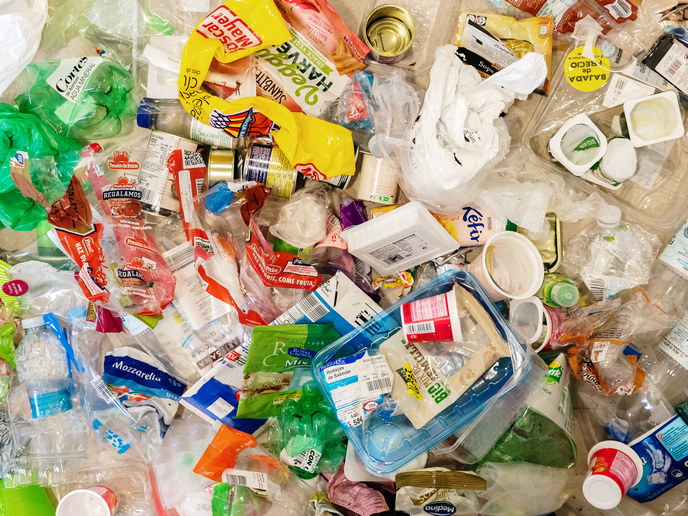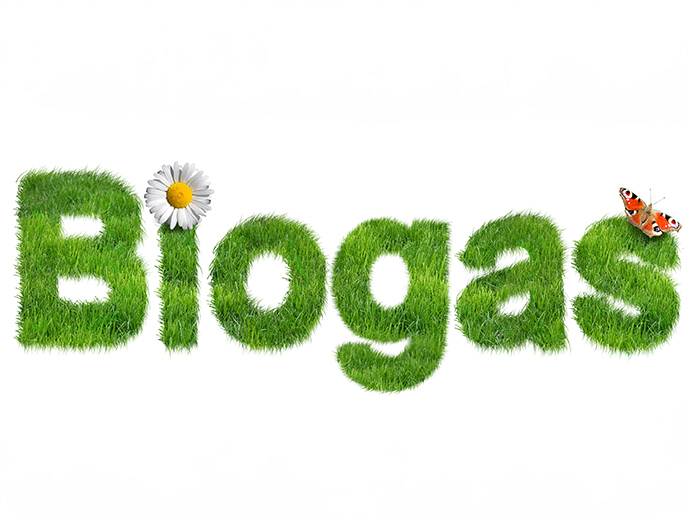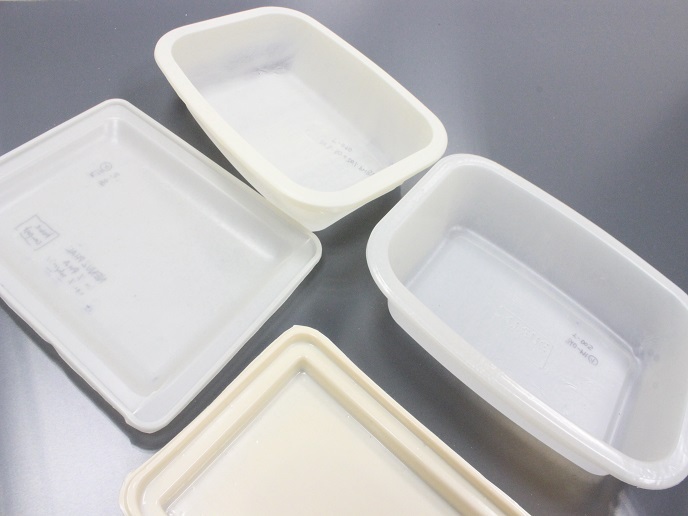Bioprocess turns methane into eco-friendly material
Packaging materials made of petrochemical-based polymers are difficult to remove from the environment. “Depending on the type of polymer, decomposition can take tens, hundreds and even thousands of years,” notes Methanotrophy project member Pawel Stepniewski from Microbic in Poland. In response, industry has been examining the potential of using biopolymers of natural origin. Unlike synthetic ones, these can be easily broken down by microorganisms in soil and decompose into compounds such as carbon dioxide and water. An interesting example of this is poly-3-hydroxybutyrate (PHB), a biopolymer which has already found wide application in industry, medicine and pharmaceuticals.
Turning methane into high-grade ecological products
The EU and industry-funded Methanotrophy project sought to commercialise an innovative technique that could help to turn waste methane into high-grade, ecological products, including PHB. On a 100-year timescale, methane has 28 times greater global warming potential than carbon dioxide and is 84 times more potent on a 20-year timescale. At the core of this biotechnology are methanotrophs – bacteria that use methane as their main source of carbon and energy. “An important feature that distinguishes methanotrophs from other bacteria is their ability to oxidise methane to methanol as an intermediate product,” explains Stepniewski. “A number of studies have focused on these bacteria due to their potential in extracting methane. Our research on methanotrophic bacteria, conducted over several years, has led to new findings regarding methanotrophic bacteria activity.” Specifically, the Methanotrophy project wanted to see if certain cultures of methanotrophic bacteria could be used as biofilters capable of absorbing methane and producing PHB at an industrial scale. This could help to reduce methane emissions, and produce a valuable, biodegradable raw material. “This project aimed to support the long-term research of Microbic co-founder Zofia Stepniewska, and to validate the technology and business model we’re working on,” says Stepniewski. “It also helped us to build a bioreactor for methanotrophic bacteria to produce, for example, PHB.”
Successfully cultivating methanotrophic bacteria
Purchasing a bioreactor enabled the project team to cultivate methanotrophic bacteria and to control production conditions. Testing the cultivation of methanotrophic bacteria in a bioreactor has significantly advanced knowledge of how to produce PHB efficiently, as well as which types of methanotrophic bacteria to collect. “We found that the methanotrophic bacteria multiply well under given conditions, and are effective in absorbing methane,” adds Stepniewski. “This work was achieved thanks to the funds obtained, and the quality of research that we were able to conduct.” The team also analysed potential customer needs when it comes to PHB, available production technologies and market size. Business plans were produced for further developing the spin-off company and to take steps towards commercialisation. The project was funded through the Women TechEU programme, which supports early-stage deep-tech start-ups led by women.
Potential applications in medicine and technology
Next steps will include optimising the extraction and granulation of PHB. These stages will be critical for bringing the technique to market. “We have shown that methanotrophic bacteria can be used to manage waste methane,” notes Stepniewski. “Ensuring profitability of this method, though, will require several more stages of research. We need to take into account the environmental value of bioplastics such as PHB as well as their biodegradability and examine in more depth potential applications in medicine and technology.”
Keywords
Methanotrophy, bioprocess, methane, waste, packaging, polymer, ecological







